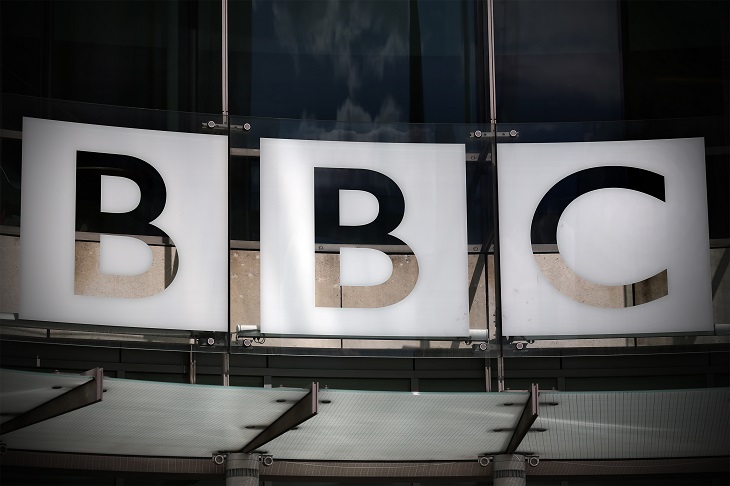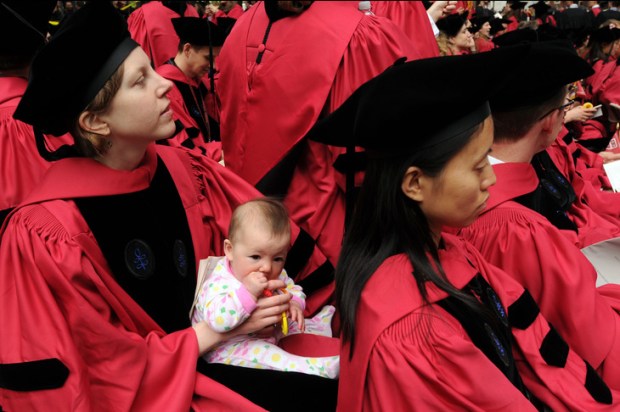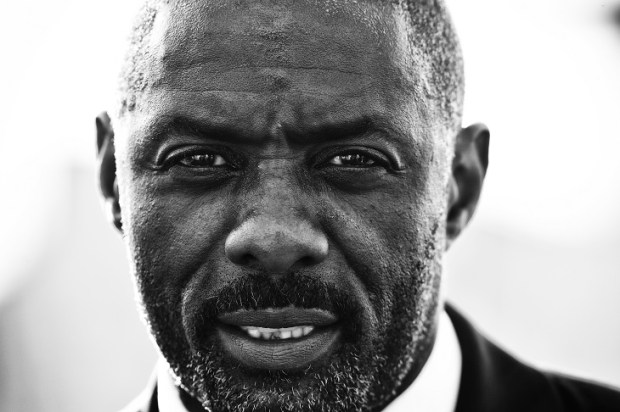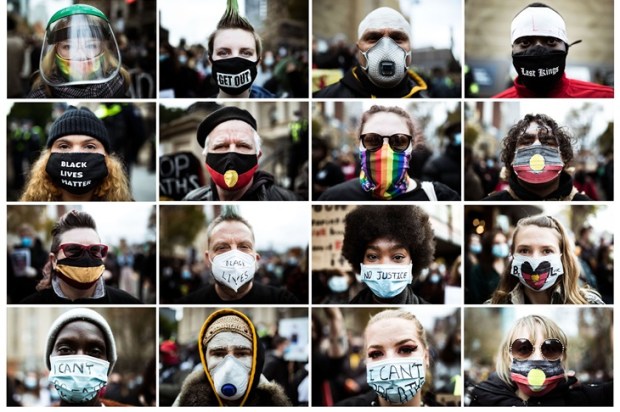The British Broadcasting Corporation (BBC), the public-funded national broadcaster of the UK, has been wandering into territory many wouldn’t hesitate to call ‘racism’ if it were directed toward a different ethnic group, begging the question of why any right-thinking British person would want to pay the mandatory £159 annual TV fee to be besmirched, belittled, patronised, and disenfranchised.
One of many examples of this casual racism occurred when the English women’s football team, the Lionesses, gathered an impressive 8-0 victory against Norway in the Women’s EURO 2022. BBC presenter Eilidh Barbour said the following:
‘[A]ll starting 11 players and the five substitutes that came on to the pitch were all white. And that does point towards a lack of diversity in the women’s game in England.’
Judging the value of players by the colour of their skin – or mentioning it at all – is something that would have been considered unacceptable ten years ago. It is also not a comment that the BBC directs toward other cultures. Has anyone at the BBC gone on the record demanding more ‘white’ people on the Indian cricket team? Or more people of Chinese descent on the Cameroon World Cup team?
The UK is a nation with a majority ‘white’ population – even though this is a simplistic view of the dozens of different ethnic identities contained within the UK. Having a team whose players reflect this is not statistically odd. But comments that suggest a team has no minority representation on purpose are far from true. The Lioness team has multiple players of minority status in the squad, it just so happened that none of them were selected to play in that game. This often happens for various reasons, such as injuries and ensuring adequate rest during a tournament. Many of them played in the next game, the quarterfinal match against Spain, in which the Lionesses won 2-1.
Humouring Barbour’s logic, why does the BBC not endlessly praise the UK for the clear statistical over-representation of minorities in the athletics field or on the basketball team that is not seen in other nations?
The BBC should be the last to toss stones, given the state of their glass house. In the list of the top earners at the BBC, the first eleven are all white. One cannot help but be reminded of Queen Gertrude in Shakespeare’s Hamlet, who observed shrewdly that, ‘The lady doth protest too much, methinks.’
An anti-white culture has been stirring to life in the BBC. Instead of a civilised world blind to race and focused on the merits of an individual, in 2021, the BBC banned white people from applying for a trainee production management position in Glasgow. This is likely a part of the BBC’s preposterous diversity target plan, which includes a target of having 20 per cent Black, Asian, and ethnic minority staff.
As the Daily Mail said: ‘Positive discrimination is unlawful under the Equality Act 2010, but “positive action” is allowed for trainee and internship roles in areas where there is under-representation.’
Relabelling discrimination as ‘action’ doesn’t make it any less racist.
One can only be glad that whoever is running the BBC is not managing the Lionesses, who would have never made it to the quarter finals under that sort of race politics. One might also be inclined to ask the upper echelons of the BBC why they are not simply hiring competent staff instead of segregating applicants by skin pigmentation? Have you heard about that idea?
The BBC has long ceased to be a network that represents all people in the UK. It has narrowed its appeal along class lines and political opinion.
Brexit is an example of the BBC’s politicised coverage. During the Brexit referendum, the BBC was biased towards the Remain side. Of the 4,275 guests invited on the Today show between 2005 and 2015 to discuss the EU, only 132, a measly 3.2 per cent, were Brexiteers. The British public, nevertheless, voted to leave the EU with a slender but decisive majority, led by the working class. One can only imagine the size of the pro-Brexit majority had the BBC, and other media outlets, been impartial about the issue.
The BBC has been in the headlines over cultural issues as well. In 2020, the BBC caused a public uproar when it tried to remove the lyrics from the popular patriotic songs Land of Hope and Glory and Rule, Britannia! from the annual Proms at the Royal Albert Hall. These songs are traditionally sung at the end of the Proms concerts, but the BBC deemed they may be too redolent of racism. They planned to drop the songs entirely, before offering a compromise, where the songs would only be performed by the orchestra. The attempt to accuse British culture of racism and then cancel it did not go down well. A YouGov poll found that 55 per cent opposed BBC’s intentions, with only 5 per cent agreeing that the songs should not be sung, and 16 per cent agreeing with BBC’s compromise.
Yet everyone in the UK, including those whom the BBC continuously affront with their hauteur, is taxed yearly to fund its lavish multi-billion pound budget, even if they never watch any BBC programs. Barely 5 per cent of young adults in the UK watch BBC live. The polls consistently show that the majority of adults think that the license fee is unfair or very unfair. One million people have opted to stop paying the license fee in 2019-20.
If the national broadcaster is so happy to take the billions in public money and so ready to turn around and insult the integrity of the same taxpayers, they deserve to collapse in ruin.
Got something to add? Join the discussion and comment below.
Get 10 issues for just $10
Subscribe to The Spectator Australia today for the next 10 magazine issues, plus full online access, for just $10.


























Comments
Don't miss out
Join the conversation with other Spectator Australia readers. Subscribe to leave a comment.
SUBSCRIBEAlready a subscriber? Log in